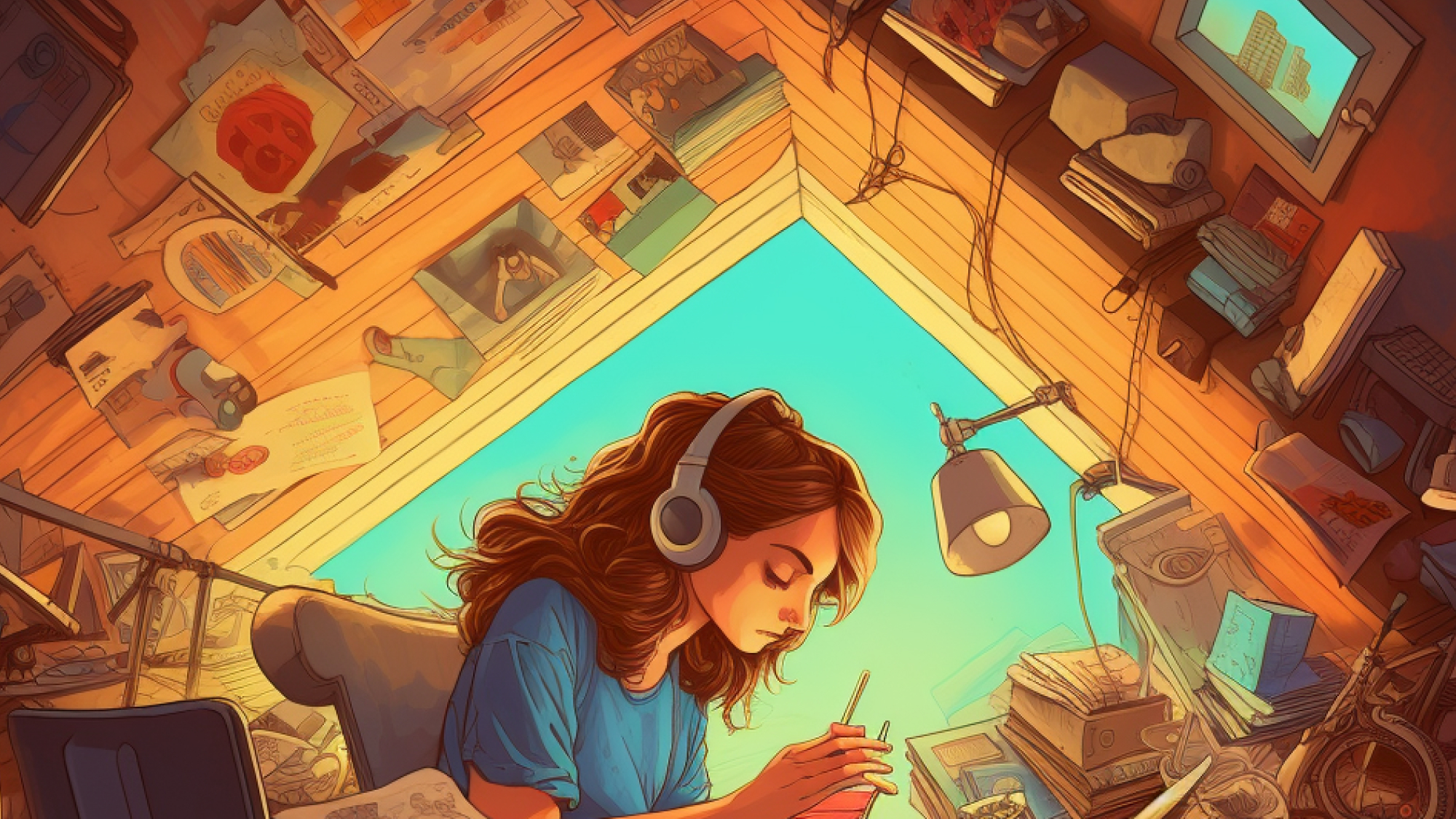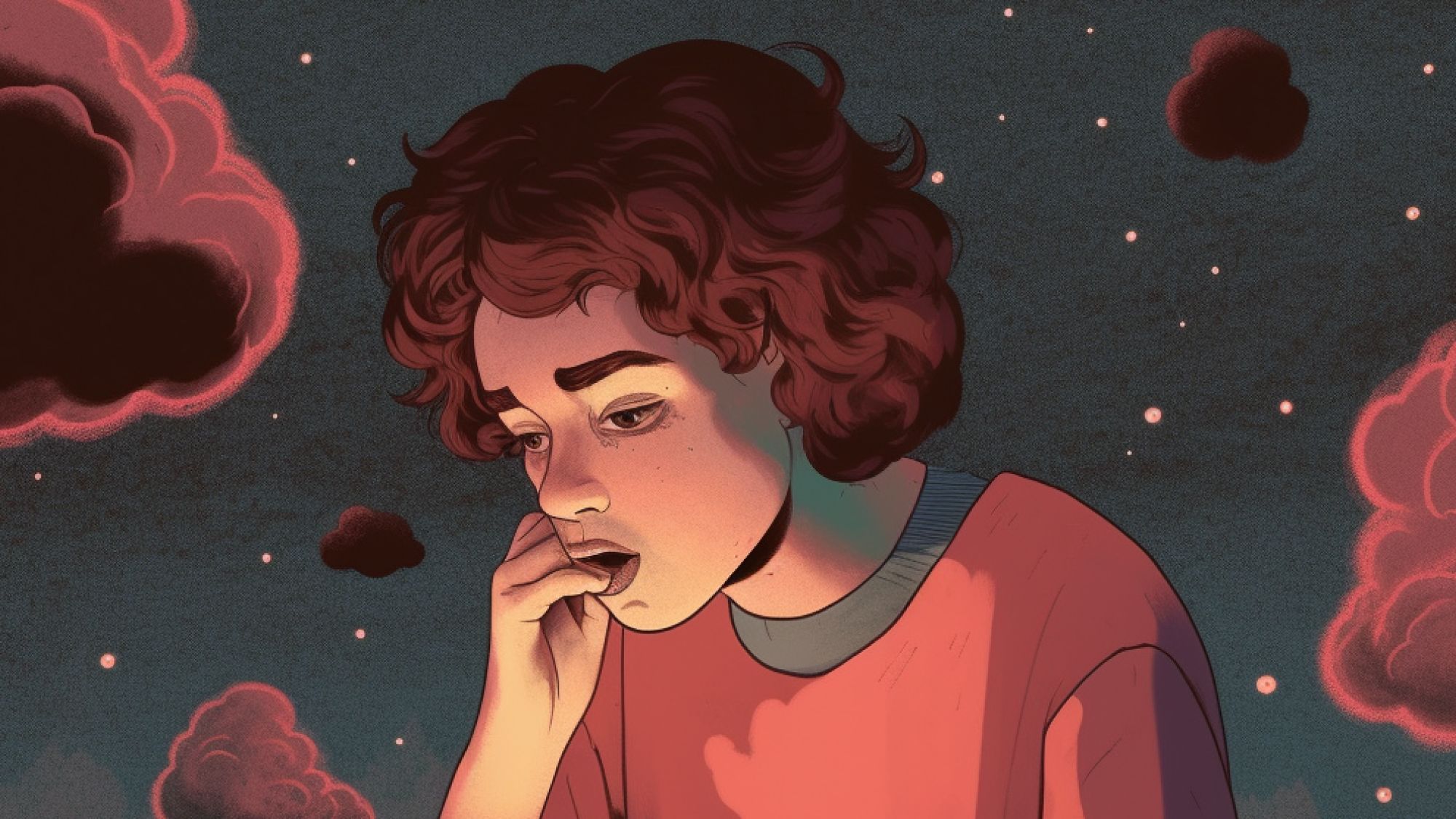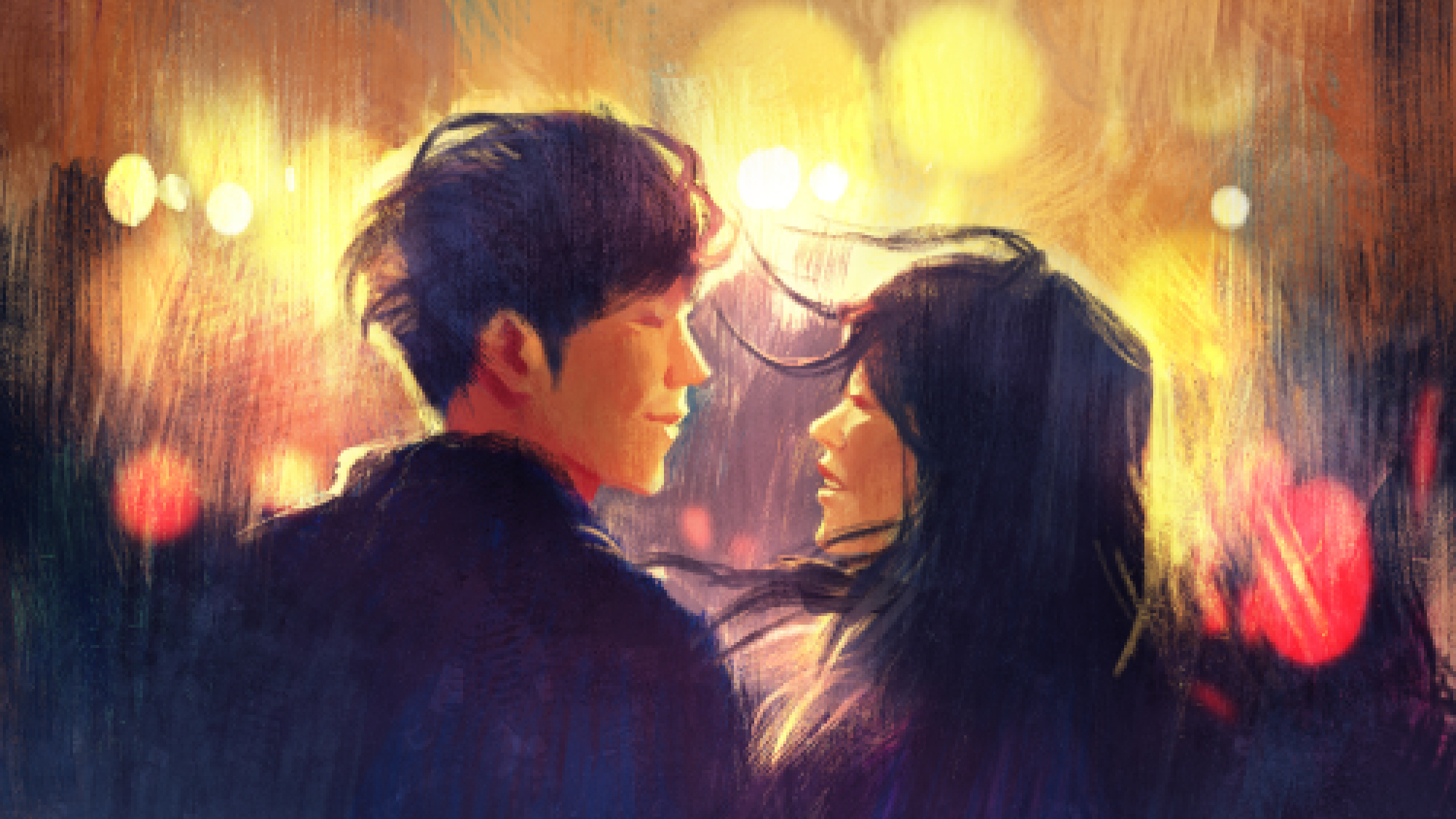
Despite what we want to believe, we are all addicted to drama to some extent.
Whether it’s the enticing Korean dramas or more grisly biopic stories like Monster: The Jeff Dahmer Story.
Even if its something a bit less controversial, there is a reason why things like Korean dramas have taken the world by storm.
Whether as watchers or doers, we’re all tweeting, gossiping, or investing ourselves in some sort of drama, fact or fiction.
We’re all hooked on drama
Just looking at the content we consume globally, the data shows us that drama is a top-leading genre across the board. From 1995 to 2022, drama remained third in terms of market share, yet had the most amount of movies made in this genre.
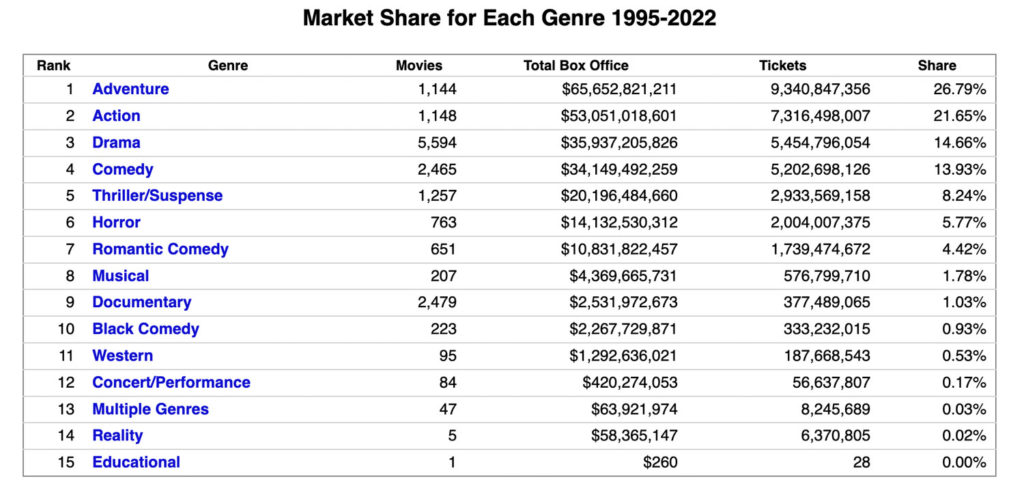
Beyond movies, if you were to look at Netflix, you can see that Drama remains to be the second most searched and watched genre, when it comes to both Google Trends, Hashtags, and overall IMDB ratings.
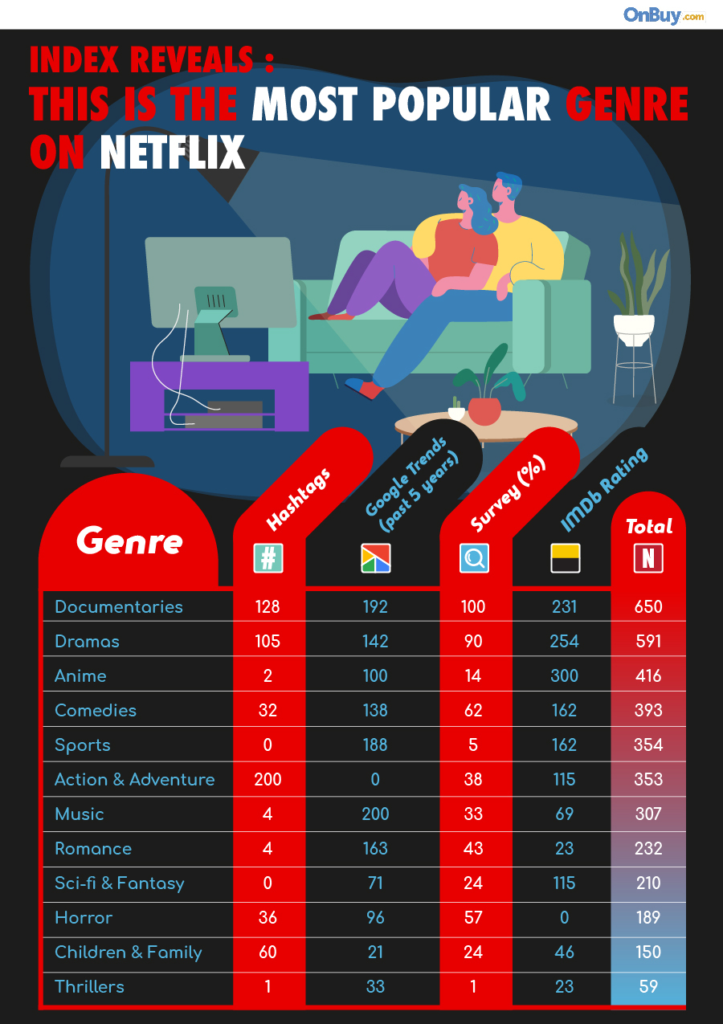
The power of stories
One of the primary driving forces of our love for drama is the love for stories.
Since the dawn of man, we’ve been storytellers, gathered around the campfire, sharing tales of explorations to pondering the existence of life.
In fact, character-driven stories do more than just excite and engage us. Studies have shown that they change the brain. Research suggests that great stories help to create a link between the character and help to “tie strangers together, and move us to be more empathic and generous.”
Feeling of intimacy and connection can release the love hormone oxytocin, which has been associated to reducing stress, regulating emotion, and increase bonding. We feel closer with people and more invested when oxytocin is at work, as ‘love’ is literally pumping through our heart, brain, and blood.
Even short, impactful stories can get us to sympathize and take action.
Stories are so powerful that businesses use them to sell to us smarter.
The power of great storytelling can change beliefs and behaviors. So it’s no wonder that marketers and brands would leverage storytelling to immerse and persuade you to opt-in.
If you don’t believe it yourself, take a look at this Thai commercial:
Beyond borders: the global thirst for drama
This desire for drama and great storytelling isn’t just in the US — it’s global.
Drama in all its shapes and sizes hooks us in. Korean dramas (or K-Dramas for short), is evident of this.
In recent years, from the wave of K-pop, K-beauty cosmetic products has swept the entire world. The rise of Korean dramas (eg: Squid Games) and movies (eg: Oscar-winning Parasite) are no different. In fact, K-dramas are so popular around the world that in 2021, Netflix decided to invest $500 million USD into Korean content. As Sam Wu, CEO of the popular streaming platform Rakuten Viki states in regards to the diverse userbase of 59 million users,
“We have users in North America, South America and Europe, and Australia and New Zealand, India. We really see this fandom growing, not just here in the U.S., which is really strong in terms of the audience reception, but we’re seeing the popularity really growing everywhere around the world.”
We all want attention
Besides the beautiful actors, enticing quarrels, and intriguing character-driven plotlines, watching dramas in the form of entertainment is just one way for us to quench the inherent search for drama in our own lives.
Oftentimes, we search for drama, even when it doesn’t exist. We embellish and exaggerate, even when we don’t need to, turning small things into bigger deals.
This is because drama — in its purest form — is exhilarating and engaging. We feel involved and in its deepest sense, make us feel in a real way. And in a world where we’re all stuck to our phones, disassociated and disconnected to everyone and everything, drama in any form can make us feel alive.
At the root of it all, we become addicted to drama because deep down, we seek attention.
And when humans do not get enough attention, we naturally become anxious. As a way to reduce this anxiety, pituitary gland and hypothalamus in our brains releases endorphins to reduce to the pain and dopamine to increase pleasure — a kick no different from doing drugs. In other words, just as how opiates alleviate anxiety, watching dramas or being involved in one can have the same effect.
So if the brain uses the same mechanisms in the brain as doing drugs, it’s no surprise that people are so hooked. Like any addiction, you do something enough, you eventually need to get more of that dopamine hit to feel the same thrill. So in the case of drama, whether watching or being involved in one, we seek a greater crisis to feel that sense of excitement again. Much like the effects of social media, we crave it more and more.







